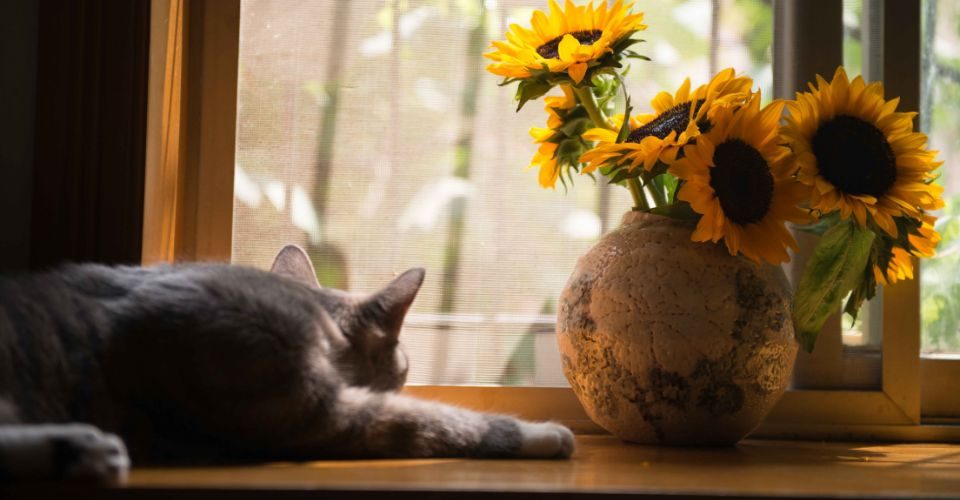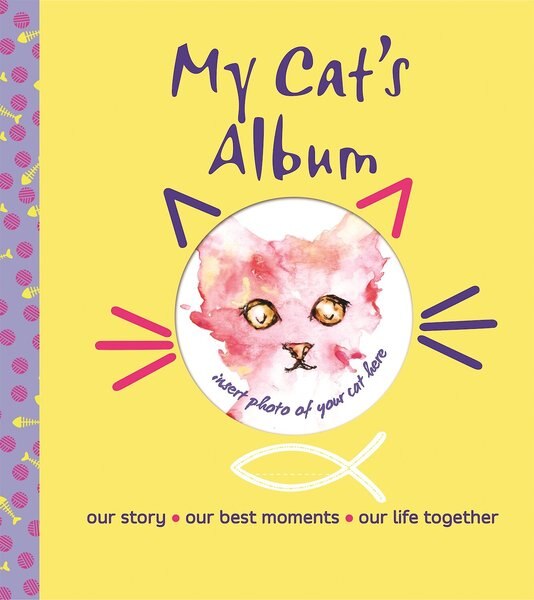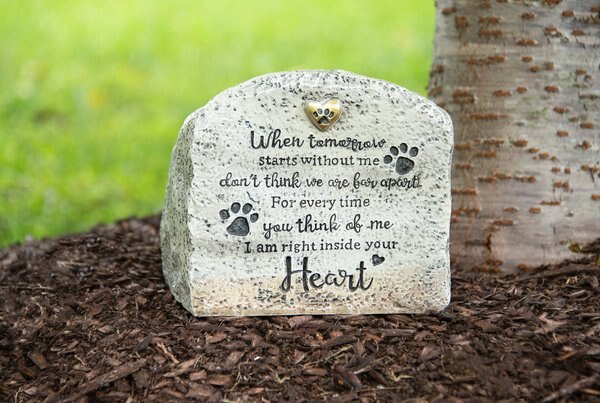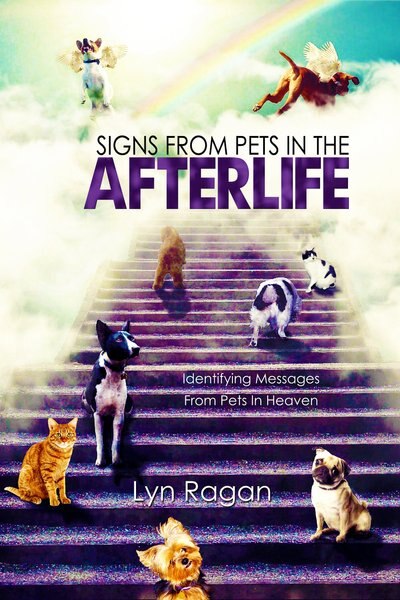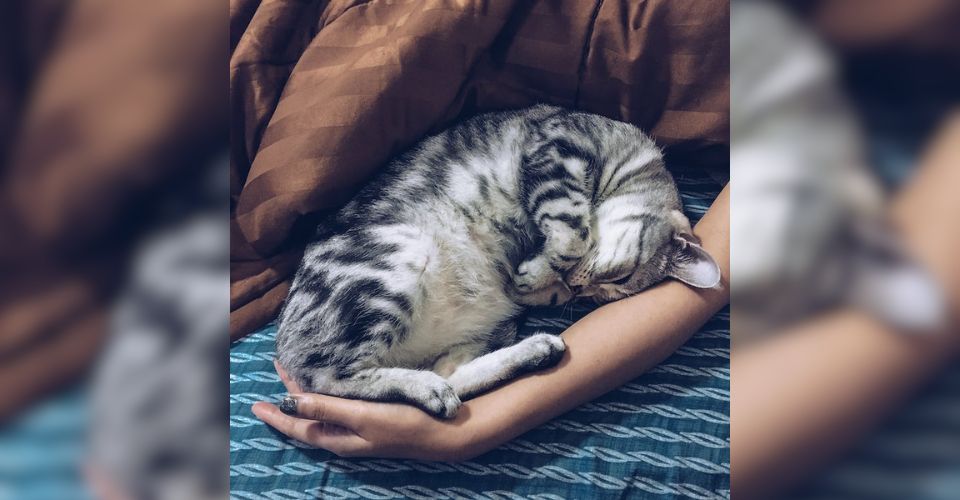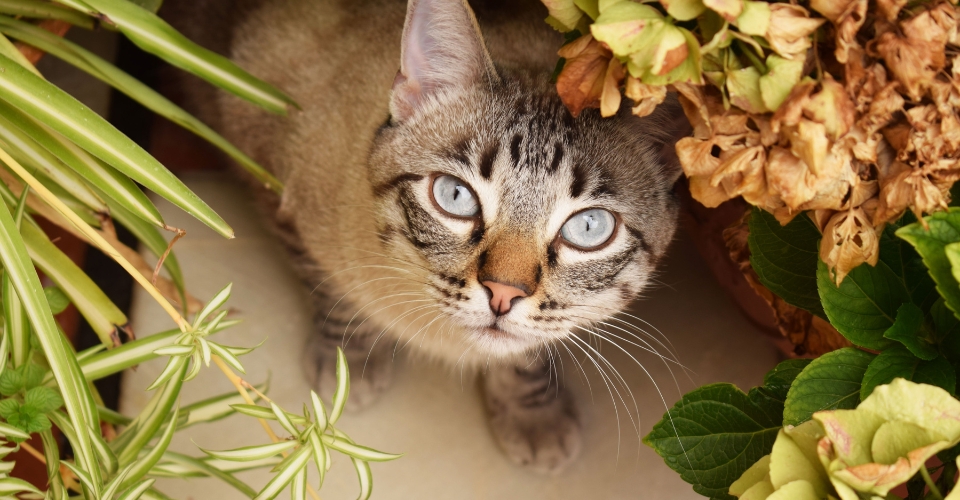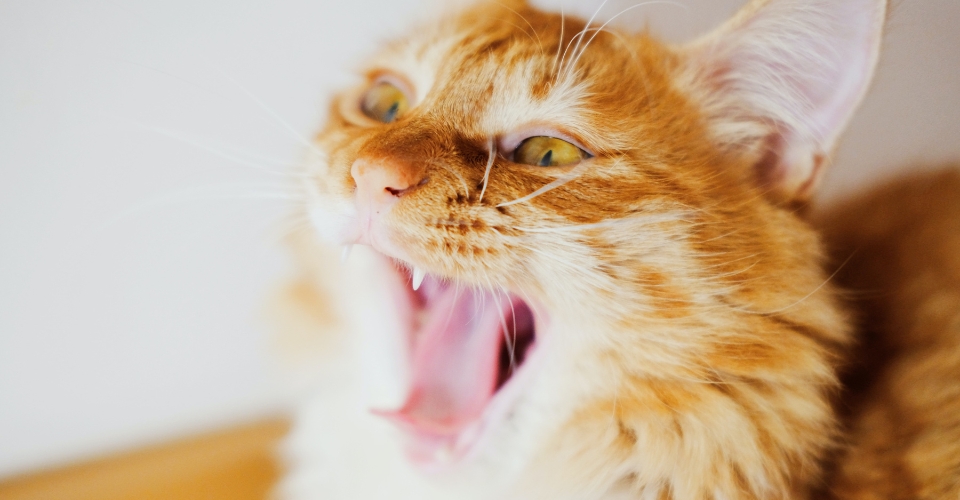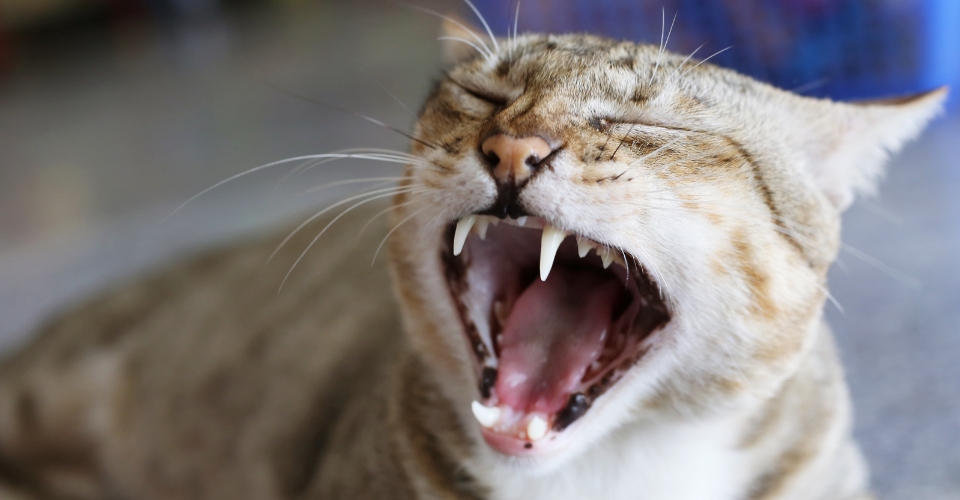Losing your cat can be a devastating blow to your life. Your home never feels the same again, and you miss her a lot. But would this feeling ever go away? After your cat dies, you may be occupied with the thoughts like why do I miss my dead cat so much? Will I ever be able to overcome this grief?
Not many people like to talk about the grief of losing a pet. So in this article, we will discuss different stages of grief of losing a cat and what you can do to cope with the feeling of sadness and sorrow.
So, let’s dig in to find out more about losing a pet and its grief.
Why Do I Miss My Dead Cat So Much?
Feline fellows become an integral part of our homes, entertaining us and lending us their emotional support. As they have an average life span of 15 – 20 years, they spend a long time with us. Thus, with their death, their owners feel a void in their lives.
Losing any loved one—whether a human or a pet—is hard. Getting used to the absence of your favorite person or your pet, who has been a constant in your life, can be difficult. But if you learn more about the stages of grief and coping mechanisms, it will help you heal quickly.
We have broken down the stages of grief for you to better understand what it feels like when you are going through the loss of your pet. By learning about different stages, you would be able to deal better with the sorrow of losing a pet.
Stages of Grief and Loss
According to Elizabeth Kubler-Ross, a Swiss-American psychiatrist, grief has five stages. She proposed the grief cycle in which she explained how people cope with grief and what stages of grief they go through to heal from within. It is important to mention here that these stages are not always in the same sequence, and people may go through them without any sequence. These stages of grief are discussed in detail below.
1. Denial
The first emotion one goes through after his/her pet’s death is denial. It is the inability to accept reality. So, for many who lose their cat or other pet, it is difficult to come to terms with the fact that their pet is gone.
But there should be no shame in accepting that you miss your dear pet and are feeling sad after their death. Losing things and people is a part of our lives; the sooner we accept them, the better would it be for us.
Remember the good times you had with your cat, and accept that she is no more there with you. This will bring back some normalcy to your life.
2. Anger
Being angry or feeling resentment is another stage of grief. This emotion can be directed at anyone and anything. You may feel angry at your cat, who left you behind, or you may be angry at yourself for not being able to save your cat. It is also possible to feel resentment towards nature or life altogether.
Just like it was with denial, you should remember that feeling angry is okay. There is nothing wrong with having feelings of anger or resentment. But these emotions shouldn’t overpower you or affect those nearby. So, you need to work on yourself and try to come up with solutions that work best for you. You can try going out for a walk, sharing your feelings with a close friend, crying alone, or writing about your deceased pet. All these will surely bring some relief to the feelings of anger and sadness.
3. Bargaining and Regrets
Many people start to think about the possibilities of what could have been done differently to avoid the death of their beloved pet. They may think about all the things they could have done differently that may have prevented the death of their feline fellow.
According to Elizabeth Kubler-Ross, “We may even bargain with the pain. We will do anything not to feel the pain of this loss.” About the duration of these stages, she further stated, “People often think of the stages as lasting weeks or months. They forget that the stages are responses to feelings that can last for minutes or hours as we flip in and out of one and then another.”
Quash the self-blame for not saving your cat. You wanted the best for your cat, yet she couldn’t survive. That’s not your fault, and neither is your vet’s. There are times when you have to say goodbye to your pet no matter what you do. Perhaps, the time had arrived.
4. Depression
It is possible that you keep missing your dead cat long after her death. You may ask, “why do I miss my dead cat after so much time has passed?” This may happen when your sadness is prolonged and turns into depression. This is the stage of grief where people cry a lot, sleep more than usual, lose interest in their daily activities, lose appetite, and feel lonely.
It is normal to go through these emotions when your beloved feline fellow dies. The key to healthy emotional life is that you understand why you are going through these emotions and how can you manage them as time goes by.
5. Acceptance
The last and most important stage of grief is to accept reality and come to terms with the loss of your deceased cat. You need to accept this reality so that you can continue with your everyday life without your feline fellow.
What you do to feel better totally depends upon you, but you must make a way out of this sorrow. There is no denying the fact that you will always miss your cat, but this feeling will subside and become easier with time.
How to Process My Grief When I Miss My Dead Cat?
Every person responds differently when faced with the death of his/her beloved pet. People have different reactions to grief and have their own ways of coping with it. Below, we have gathered some useful tips you can try to ease the pain of losing your feline friend.
Give Time to Yourself and Your Grief
If you like to keep to yourself and don’t want to share your life with others, you should mourn the death of your beloved feline alone. Go through her picture albums, cry, write poetry about her and mourn her loss. Once you are done with all of these, you will feel better. Suppressing your emotions won’t help in the longer run.
Share Your Feelings With Others
For people who are social and like to be around people, it is better to share their grief with close ones. Be among people who knew and loved your cat so that they can understand your feelings. Don’t shy away from acknowledging your feelings of sadness and sorrow. Talk about it and share it with others—you will feel relieved.
Spend Time With Other Pets
If you have other pets in your house or another cat, spend time with them. They may sense your sadness and may also be grieving losing another fellow, so spending time with them may help you feel better.
Some things, when lost, cannot be replaced, but the void left by pets can be filled by getting another pet. Get another cat, and within a matter of weeks, she will start loving you unconditionally.
Connect With Other Cat Parents
Try to connect with other cat owners or people who love cats. You can call a friend who owns and loves cats and talk to them about your loss. If you cannot think of such a friend, try taking help from online communities. You can find many support groups and online forums about cats where you can talk about your grief of losing a cat.
Read Cat-Related Books and Articles
You can also take help from books and read about pets who have crossed the Rainbow bridge and left for the other world. There are many books written specifically to comfort grieving parents of pets.
|
|
Adopt Another Pet
Although no one can replace your deceased cat, you can also try adopting another cat. This will help you to fill the emptiness in your heart and bring joy to your home.
Seek Therapy
If nothing works and you still find it hard to overcome the grief of the loss of your cat, try seeking therapy. Therapy is important for emotional health, and it will help you redirect your energy to other things.
Closing Thoughts
Losing a feline fellow that has been with you for a long time can be hard and devastating. But with time, the pain eases, and you learn to cope with the sorrow of losing them. You may never stop thinking about her and always say I miss my dead cat, but time will surely heal your heart. Someday, you may be able to open your heart and the doors of your home to another furry fellow. Till then, take your time and let your heart heal on its own.

